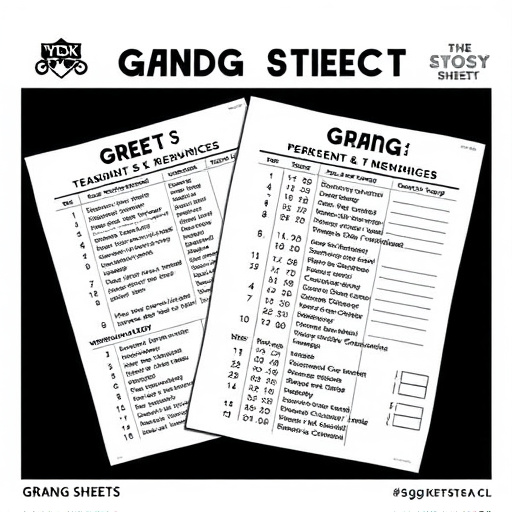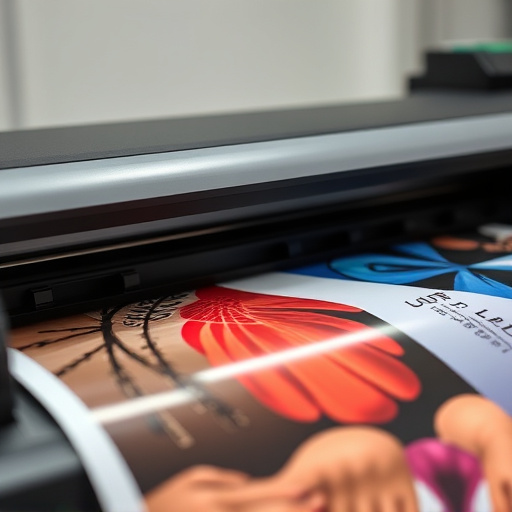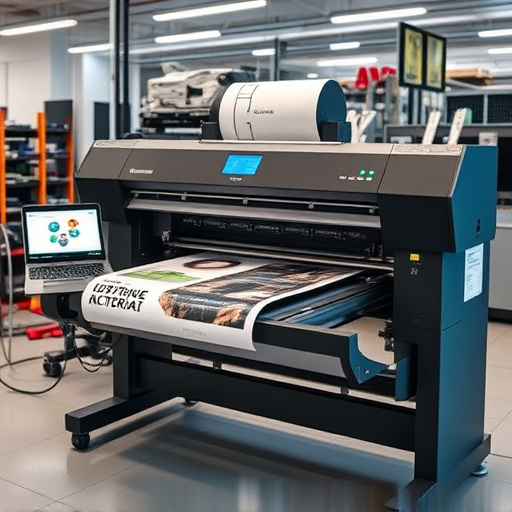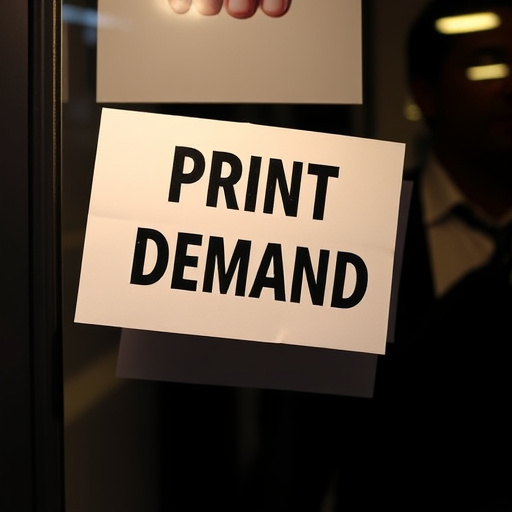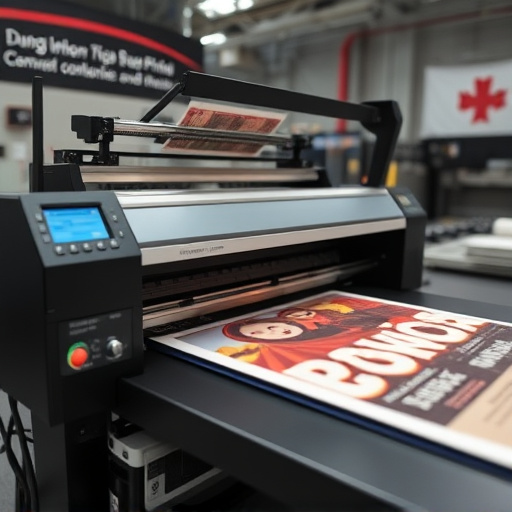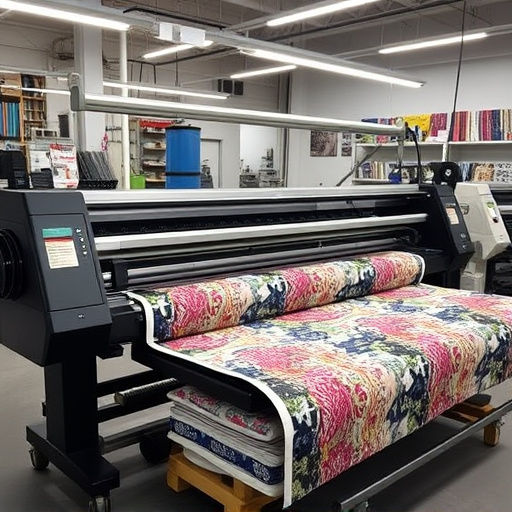Understanding and adhering to DTF cotton printing regulations is vital for legal operation and quality assurance in the industry. This involves navigating local and regional licenses covering health & safety, environmental protection, chemical usage, waste management, labor laws, and intellectual property rights. Proactive research ensures compliance with business operations, tax, and consumer protection standards, facilitating legal custom t-shirt printing using DTF technologies.
“In the dynamic realm of DTF (Direct-to-Fabric) cotton printing, navigating licensing requirements is a crucial step for shops aiming to thrive. This article serves as your guide through the intricate process, offering insights into understanding and complying with regulations. We’ll explore essential steps like obtaining licenses, comparing local vs. national mandates, and ensuring your DTF cotton printing shop operates within legal boundaries. By delving into these key aspects, businesses can focus on what they do best—creating vibrant, high-quality printed fabrics.”
- Understanding DTF Cotton Printing Regulations
- Obtaining Necessary Licenses for Operations
- Local vs National Licensing Requirements Comparison
Understanding DTF Cotton Printing Regulations

Understanding DTF Cotton Printing Regulations is a critical step for any shop looking to enter or expand in the dtf printing industry. DTF (Direct-to-Fabric) printing, as the name suggests, involves transferring designs directly onto cotton fabric using specialized inks and machines. This process not only requires adherence to strict environmental and safety standards but also navigates legal frameworks that govern product quality, consumer protection, and intellectual property rights.
Regulations for dtf printing shops vary by region, with local laws dictating everything from the type of permits required for operation to restrictions on specific chemicals used in the printing process. Additionally, guidelines around bulk DTF shirt production highlight the need for efficient waste management and adherence to labor standards. Staying informed about these regulations is essential not just to avoid legal repercussions but also to ensure the sustainability and quality of your dtf printing operations.
Obtaining Necessary Licenses for Operations

To legally operate a DTF (Direct-to-Fabric) cotton printing shop, obtaining the necessary licenses is a crucial step. This process involves navigating through local and regional regulations to ensure compliance with industry standards. The first step is to research and identify the specific licenses required for your area, as they may vary from city to city or state to state. These licenses typically cover business operations, health and safety, and environmental protection.
For DTF cotton printing shops, obtaining permits related to chemical usage and waste management is essential. Since DTF transfers involve specialized inks and solvents, it’s important to have licenses that oversee the responsible handling and disposal of these materials. Additionally, ensuring compliance with labor laws and obtaining any required permits for employing staff will safeguard your business against potential legal issues. This process may seem daunting, but by staying informed and proactive, shop owners can successfully navigate the licensing requirements, enabling them to focus on creating vibrant custom graphic tees, logos, and designs for clothing brands using DTF for printing.
Local vs National Licensing Requirements Comparison

When setting up a DTF cotton printing shop, understanding the licensing landscape is vital. The requirements can vary significantly between local and national levels, which often leads to confusion among entrepreneurs. On one hand, local licenses might be more straightforward and accessible, focusing on health and safety standards for handling fabrics and inks. These permissions typically involve registration with the local business authority and adherence to environmental regulations regarding waste disposal.
On the other hand, national licensing requirements for DTF cotton printing are usually broader and more complex. They encompass not only local but also state or federal guidelines related to business operation, tax compliance, labor laws, and intellectual property rights. For instance, when it comes to custom t-shirt printing, a best DTF printer supplier might require national licenses for using specific printing technologies, ensuring consumer protection, and adhering to industry standards, especially when dealing with various dtf prints designs and orders.
When setting up a DTF cotton printing shop, navigating the licensing landscape is crucial. Understanding both local and national regulations ensures compliance and smooth operations. By obtaining the necessary licenses, business owners can confidently dive into this vibrant industry, knowing they’re adhering to the essential requirements for DTF cotton printing. This comprehensive guide has outlined key steps to help entrepreneurs navigate this process effectively.






